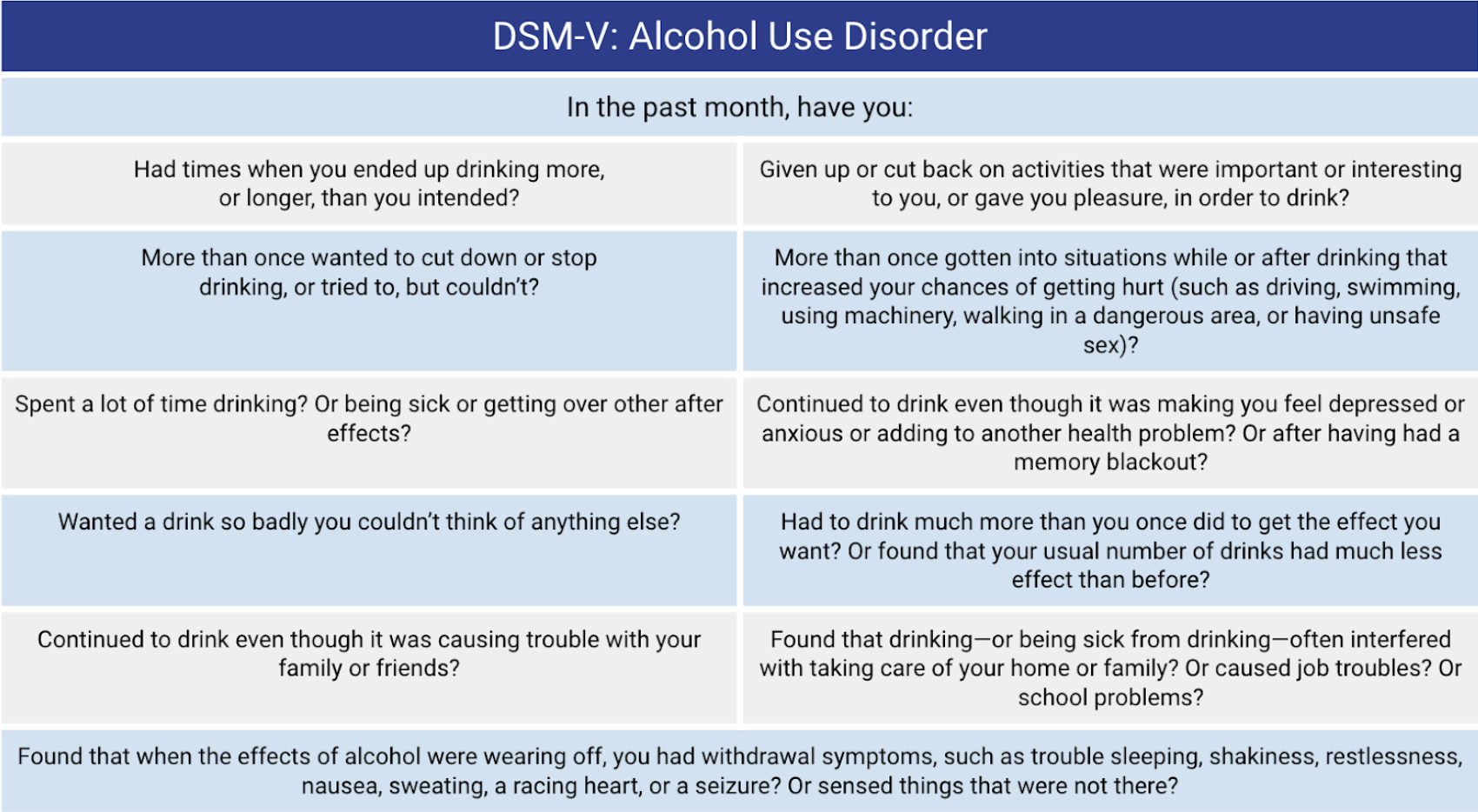

Second, if you go “somewhere” for an assessment, you will be labeled as one of two things: an “alcoholic” or an “alcoholic in denial” (see: Alcohol Abuse, Alcoholism, and 12 Step Programs That Can’t Tell the Difference) since that’s the only categories they recognize – even in a few bizarre cases we’ve encountered where the person didn’t even drink! Not to mention that you really, really don’t want any hint of your alcohol concerns to appear in your official charts and records where your medical insurance carrier will see to it that they become a part of your permanent and not so private record. She or he is untrained and uneducated in alcohol related health matters and doesn’t know any more than you do – probably less.

So what’s the problem with getting assessed?įirst, your doctor can’t do it. The first can help to accurately assess where you fall on the scale from alcohol misuse to abuse to dependence, and the SCT can aid in determining what sort of approaches will be most effective for you as an individual or couple.

When you begin to suspect that you are in trouble with your alcohol use, there is no more difficult problem than getting an honest and accurate assessment – one that follows such guidelines as the DSM-5, and the Washington University Sentence Completion Test (SCT).


 0 kommentar(er)
0 kommentar(er)
